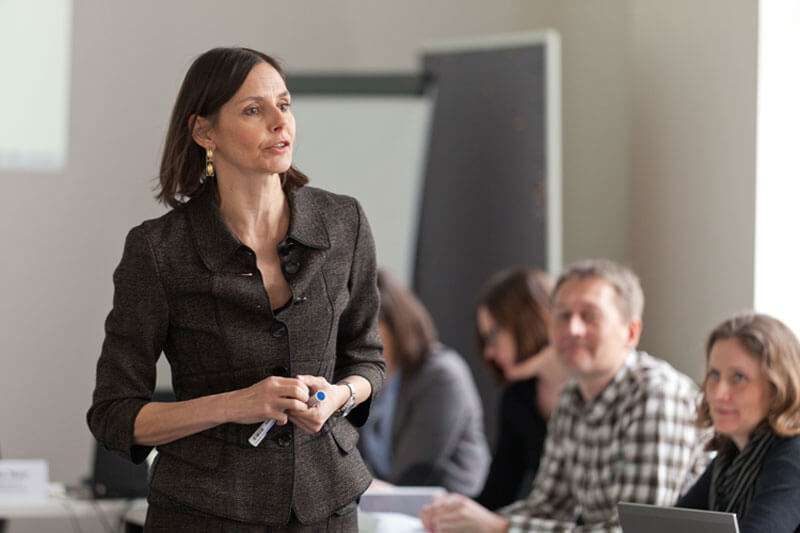
In a new paper, Johanna Mair and Christian Seelos, find that innovation by social enterprises doesn’t always mean impact.
Flexible, young, dynamic and creative, social enterprises are thought of as incubators for new solutions to old problems. But innovation itself is no guarantee of impact, write Stanford University visiting scholar Christian Seelos and Hertie School professor Johanna Mair in a paper published in the fall 2016 issue of the Stanford Social Innovation Review. Instead, organisations must learn from the innovation process and invest in a reliable and appropriately dosed delivery of effective products and services.
“What are the ingredients of successful innovation?” Seelos and Mair ask, outlining six pathologies that stand in the way of impact and proposing a set of practices to avoid such pitfalls.
The process of innovation brings uncertainty, and organisations have to ride these ups and downs like a rollercoaster, they write. “Innovators who expect success from innovation efforts will inevitably encounter disappointment, and the experience of failure will generate a blame culture in their organisation that dramatically lowers their chance of achieving positive impact. But a focus on learning creates a sense of progress rather than a sense of failure.”
For innovation to spur impact, understanding and eliminating these uncertainties is essential. When converted into knowledge, new products, services and forms of intervention arise with the potential to create impact.
But gathering knowledge alone is not enough to create impact – bringing innovative products and services to people who need them. Instead, organisations must focus on delivery. “Focused and committed scaling—delivering effective products and services to more people and doing it more reliably, more efficiently, and with a steady improvement in quality—is what creates impact,” the authors write.
Read the article in the Stanford Social Innovation Review.
More about the author
-
Johanna Mair, Professor of Organization, Strategy and Leadership
